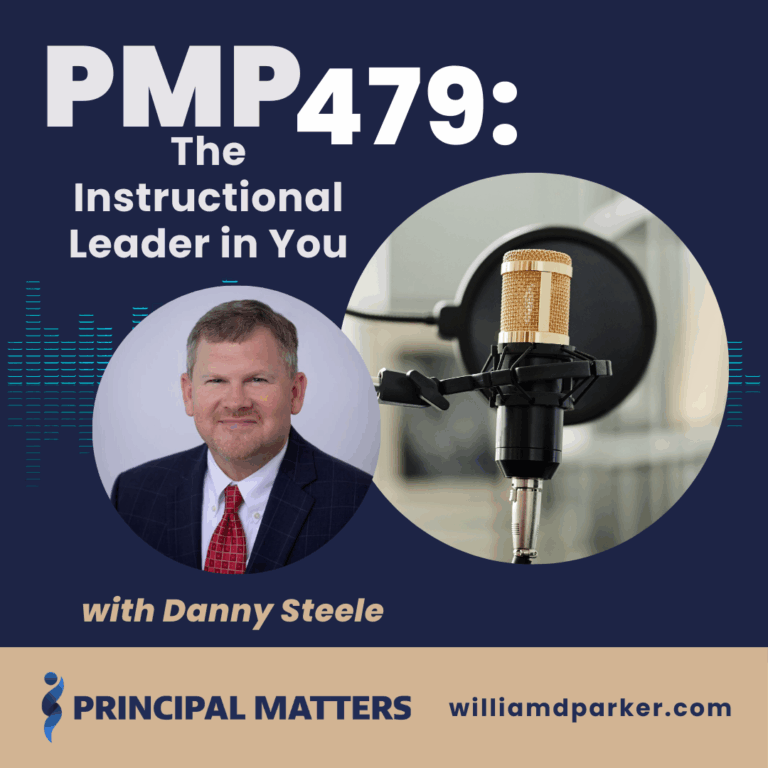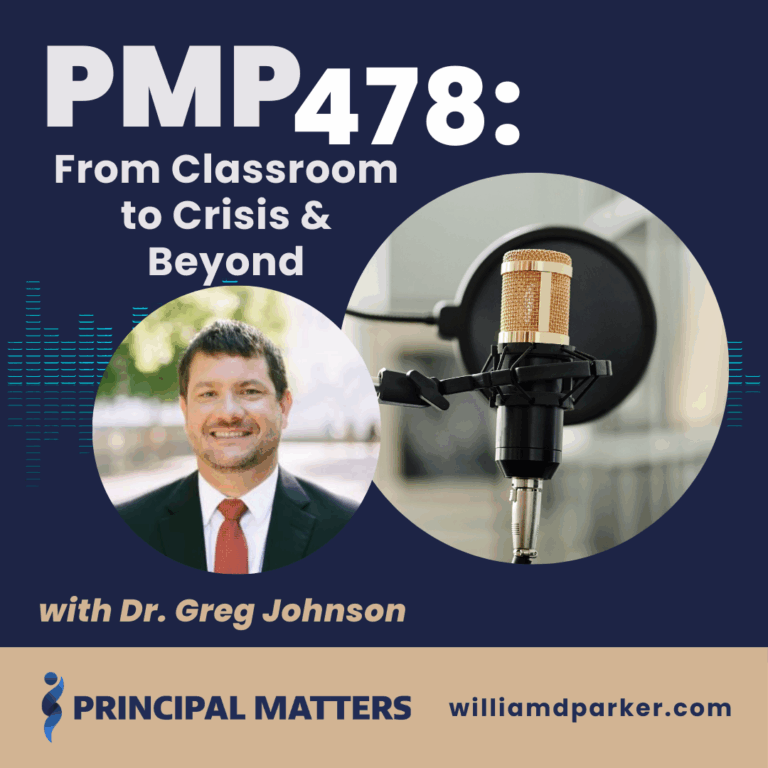Podcast: Play in new window | Download
Anya Kamenetz has covered education for many years including for NPR, where she co-created the podcast Life Kit: Parenting. She speaks, writes, and thinks about learning and the future. Her newest book is The Stolen Year: How Covid Changed Children’s Lives, And Where We Go Now. She has been a senior staff writer for Fast Company magazine, contributed to the New York Times, Washington Post, New York Magazine, and has won multiple awards for her reporting on education, technology, and innovation. She is the author of four other books: Generation Debt, DIY U, The Test, and The Art of Screen Time. Kamenetz grew up in Baton Rouge and New Orleans, Louisiana, in a family of writers and mystics, and graduated from Yale University. She lives in Brooklyn with her husband and two daughters.
In her newest book, The Stolen Year: How Covid Changed Children’s Lives, And Where We Go Now, she reveals how the public school system was decimated by the pandemic, and how years of short-sighted political decisions have failed to put our children first. When schools closed, children went hungry. Mothers and other caregivers were forced from the workforce. Some children were physically unsafe and unhealthy, and many more suffered emotionally. Our peer nations quickly prioritized schools and childcare centers for reopening as soon as May 2020; here they stayed shut for months longer, and social support to families was spotty.
Her new book explores just why this happened and where we go from here.
In this episode, Anya Kamenetz, discusses the following:
- Why U.S. public school students suffered so dramatically during pandemic shutdowns compared to schools in other nations.
- In what ways some school districts are still leaving students behind.
- The need for “a generation-long process of redressing harms done to children”, and why the paradigm we need to reach for is post-traumatic growth, not moving backward.
- The disparities between affluent and poorer communities and how these were exacerbated during the pandemic.
- How public funding for early-childhood or pre-school in the U.S. compares to other developed nations.
- Other disparities influencing the ways we priortize education for children, ie. toxic individualism, lack of support for mothers, etc.What shifts we should hope to see in the years ahead to address this in public policy and civic practice.
Stay Connected
You can find out more about Anya Kamenetz and her new book at her website: http://www.anyakamenetz.net/
Now it’s your turn
Listen in for more takeaways. What are some other ways that we could address the harm done to students as a result of the pandemic? How do we move forward in a way that is beneficial to students?




